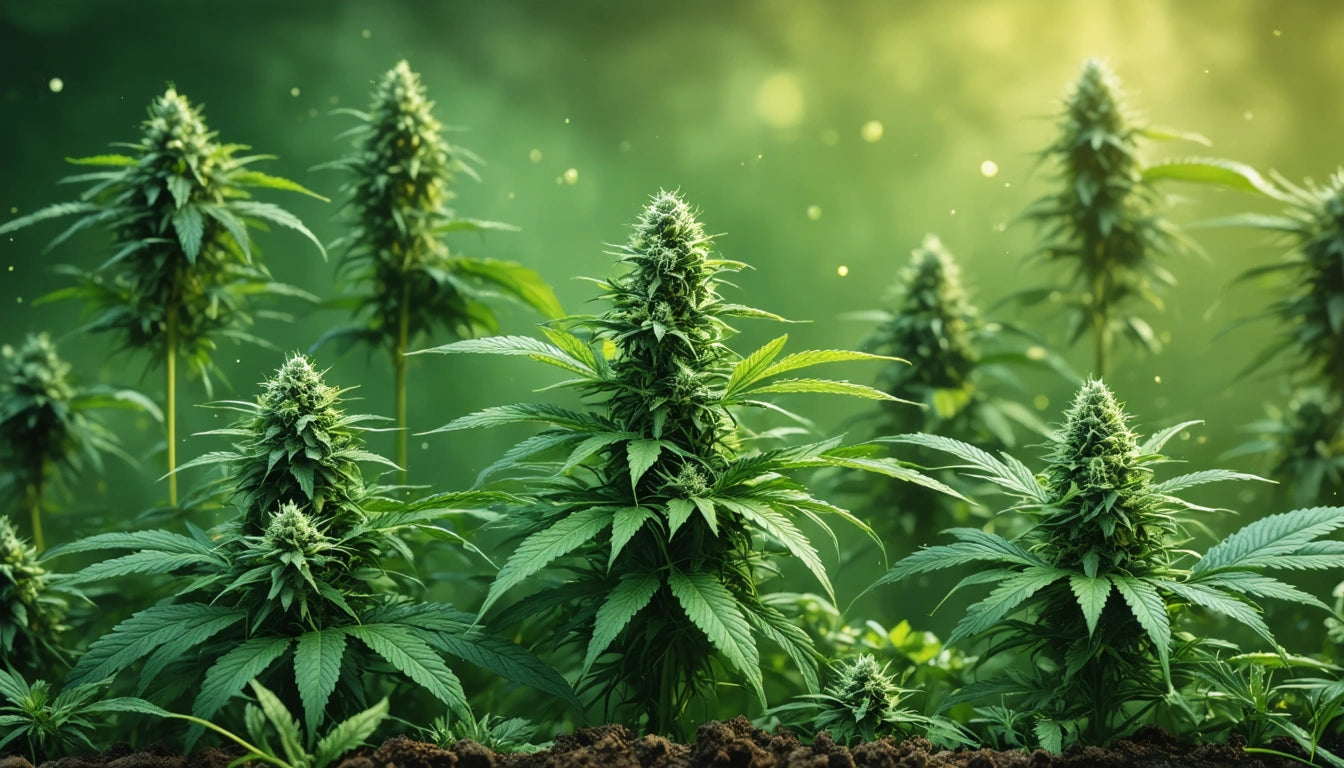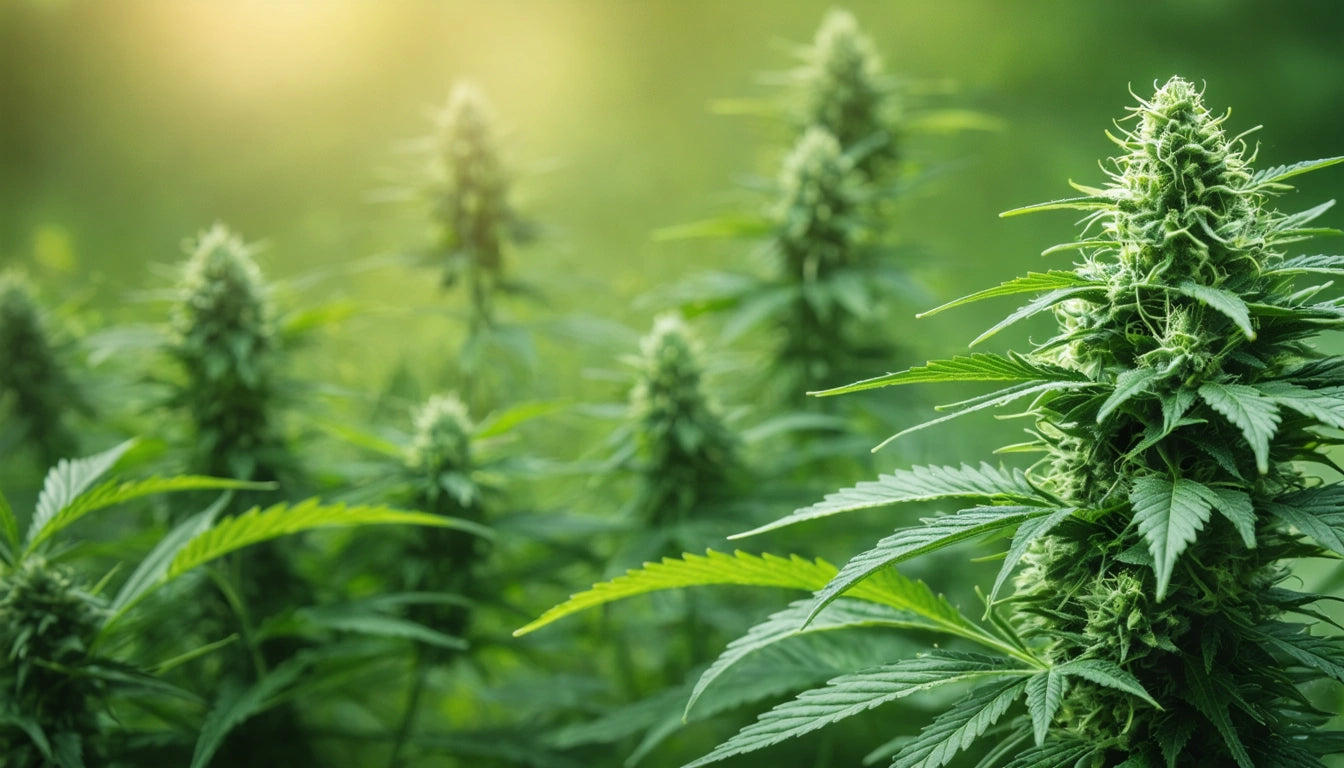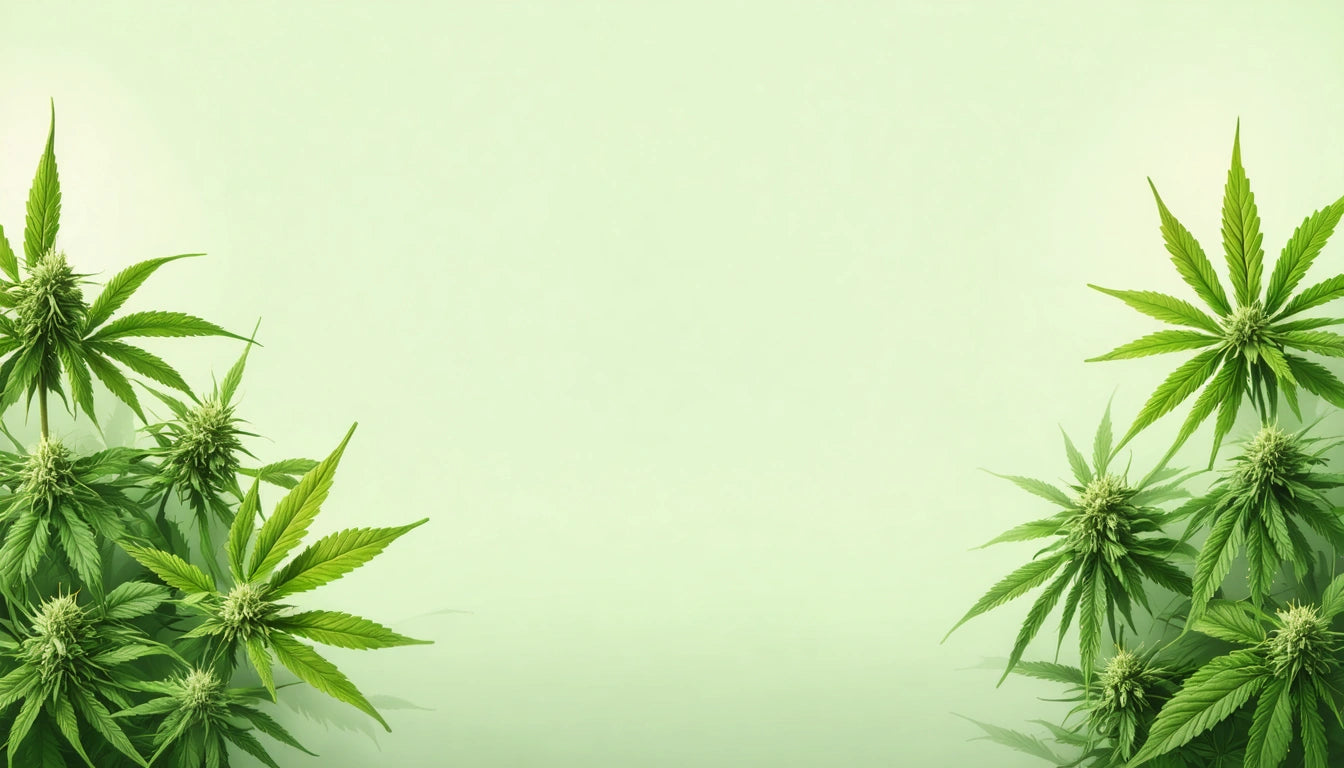Table of Contents
- Determining the Perfect Harvest Time
- Harvesting Techniques: Full vs. Partial Harvest
- Trimming Methods: Wet vs. Dry
- The Drying Process: Environment and Methods
- Curing Cannabis for Maximum Potency and Flavor
- Common Harvesting Mistakes to Avoid
- Essential Harvesting Equipment and Supplies
- Maximizing Harvest Quality for Long-Term Storage
Comprehensive Guide to Harvesting and Curing Your Weed Plant
Harvesting and curing are critical final steps that can make or break your cannabis cultivation efforts. Even the most perfectly grown plants can be compromised by improper harvesting techniques or suboptimal curing conditions. This guide walks you through each stage of how to harvest weed properly, from identifying the perfect harvest window to properly curing your buds for maximum potency, flavor, and shelf life.
Determining the Perfect Harvest Time
Knowing when to harvest your weed plant is perhaps the most crucial decision in the entire growing process. Harvest too early, and you'll sacrifice potency and yield; too late, and the psychoactive effects may become less desirable.
Trichome Method
The most accurate way to determine harvest readiness is by examining the trichomes, those tiny crystal-like structures on the buds:
- Clear trichomes: Too early to harvest, THC still developing
- Cloudy/milky trichomes: Peak THC content, ideal for energetic effects
- Amber trichomes: More CBD, CBN development, creating a more relaxing effect
Most growers aim for a mix of cloudy and amber trichomes (70-30 ratio) for balanced effects. You'll need a jeweler's loupe or digital microscope to properly assess trichome development. Determining the right harvest time involves patience and close observation.
Pistil Method
Another visual indicator is the pistils, the hair-like structures on female plants:
- White pistils: Not ready for harvest
- 50-70% darkened/curled pistils: Early harvest window
- 70-90% darkened pistils: Peak harvest window for most varieties
Harvesting Techniques: Full vs. Partial Harvest
When considering how to harvest weed plant material, you have two main approaches:
Full Plant Harvest
The traditional method involves cutting down the entire plant at once, typically at the base of the main stem. This approach is simpler and works well when all buds are maturing at a similar rate.
Partial Harvest
Many growers wonder, "Can I harvest half my weed plant?" The answer is yes. Partial harvesting allows you to:
- Harvest upper, more mature buds first
- Allow lower buds additional time to develop
- Maximize overall yield and potency
This technique is particularly useful for plants with uneven bud development or when growing certain sativa strains that mature from top to bottom. Our comprehensive harvesting guide covers this technique in more detail.
Trimming Methods: Wet vs. Dry
After learning how to harvest your weed plant, you'll need to decide on a trimming approach:
Wet Trimming
Trimming immediately after harvest while the plant material is still "wet":
- Easier to remove leaves when they're hydrated
- Faster drying time
- Better for high-humidity environments
- More immediate access to trim for extractions
Dry Trimming
Hanging plants to dry before removing leaves:
- Slower, more controlled drying process
- Better preservation of terpenes
- Reduced risk of mold in low-humidity environments
- Less sticky process for trimmers
For processing larger harvests efficiently, many commercial growers utilize specialized trimming equipment that can significantly reduce the labor involved while maintaining quality standards.
The Drying Process: Environment and Methods
Learning how to harvest and dry weed properly is essential for preserving cannabinoids and terpenes:
Ideal Drying Environment
- Temperature: 60-70 °F (15-21 °C)
- Humidity: 45-55%
- Darkness or very low light
- Good air circulation without direct fans
Drying Methods
- Hanging whole plants upside down
- Hanging branches on drying racks
- Using mesh drying racks for smaller buds
The drying process typically takes 7-14 days, depending on environmental conditions and bud density. Buds are ready for curing when small stems snap rather than bend. This complete guide provides detailed information on optimal drying techniques.
Curing Cannabis for Maximum Potency and Flavor
Understanding how to harvest and cure weed properly is what separates amateur growers from experts:
The Curing Process
- Place dried buds in airtight glass jars, filling about 75%
- Store in a cool, dark place at 60-65 °F (15-18 °C) with 55-65% humidity
- Open jars daily for the first week ("burping") to release moisture and gases
- Reduce to every few days for the second week
- Continue curing for at least 2-4 weeks, though 8+ weeks can further improve quality
Benefits of Proper Curing
- Enhanced flavor profile as chlorophyll breaks down
- Smoother smoke with less harshness
- Preserved cannabinoid content
- Reduced risk of mold during storage
- Extended shelf life of your harvest
Common Harvesting Mistakes to Avoid
When learning how do you harvest weed, be aware of these common pitfalls:
- Harvesting too early or too late
- Rough handling that damages trichomes
- Improper drying conditions (too fast or too slow)
- Skipping or rushing the curing process
- Using plastic containers for curing
- Exposing buds to excessive light during drying and curing
This comprehensive harvesting guide provides additional insights on avoiding critical mistakes.
Essential Harvesting Equipment and Supplies
Proper tools make learning how to harvest my weed plant much easier:
- Sharp, clean trimming scissors or shears
- Pruning shears for thicker stems
- Jeweler's loupe or digital microscope (60-100x magnification)
- Nitrile gloves to protect trichomes
- Trimming trays to collect valuable trim
- Drying racks or lines with clips
- Hygrometer for monitoring humidity
- Glass mason jars for curing
- Humidity packs to maintain optimal curing conditions
Maximizing Harvest Quality for Long-Term Storage
After mastering how to harvest weed properly, focus on preserving your efforts:
For long-term storage, keep cured cannabis in airtight glass containers away from light, heat, and humidity fluctuations. Some growers vacuum-seal portions of their harvest for extended preservation, though this should only be done after proper curing.
Remember that even perfectly harvested and cured cannabis will gradually lose potency over time. THC naturally converts to CBN, resulting in a more sedative effect. Proper storage can significantly slow this process, allowing you to enjoy your harvest at its peak quality for months to come.
By following these comprehensive guidelines on how to harvest your weed plant, you'll maximize the quality and potency of your homegrown cannabis. The care and attention you invest in these final stages will reward you with a superior final product that showcases the true potential of your cultivation efforts.











Leave a comment
All comments are moderated before being published.
This site is protected by hCaptcha and the hCaptcha Privacy Policy and Terms of Service apply.